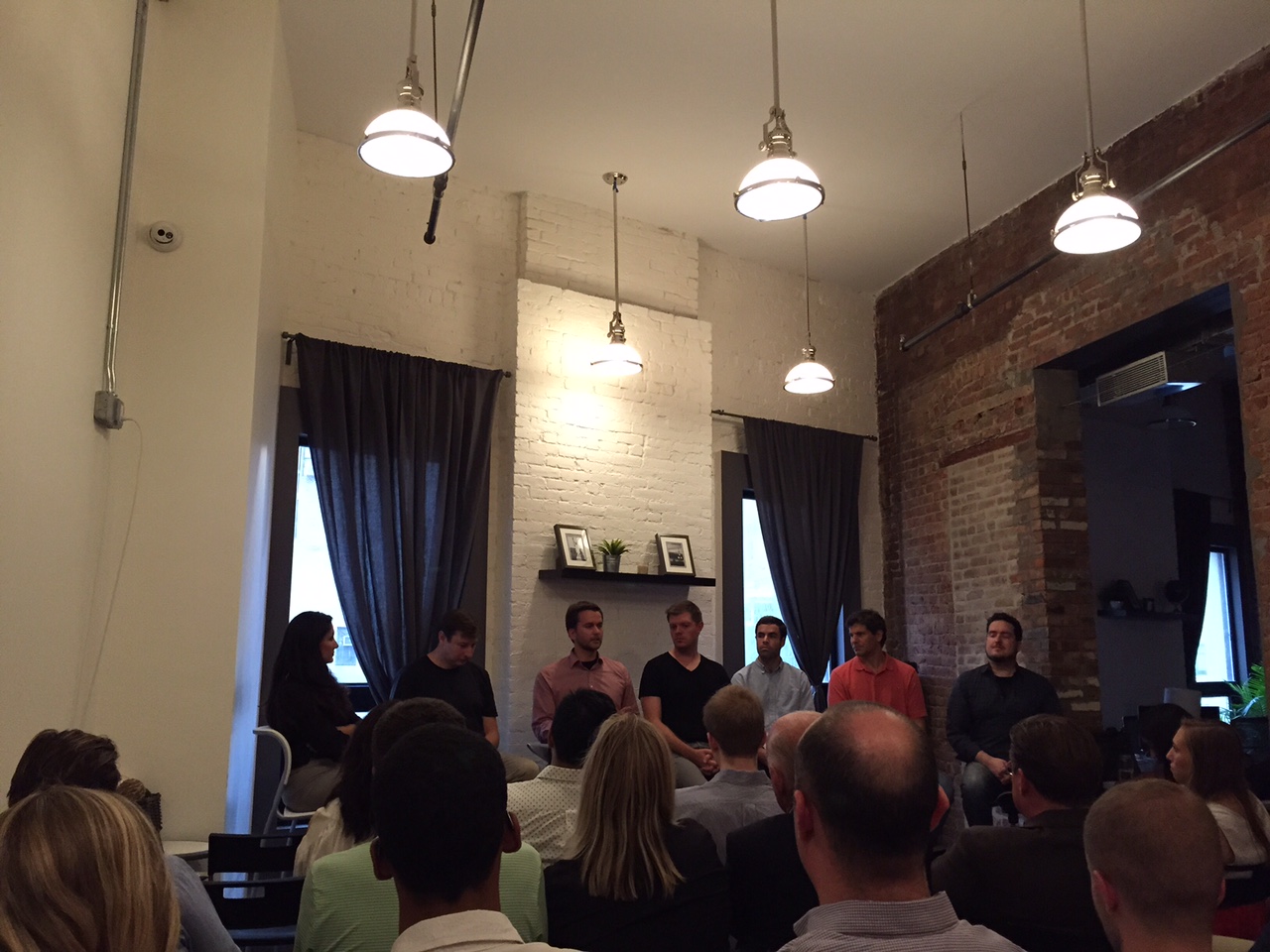Last week, the IPG Media Lab attended a panel discussion around the future of transportation. Panel members, including founders of car-sharing services, venture capitalists, and a public transportation guru, addressed multiple topics such as car connectivity, self-driving capabilities, and security. From a marketing standpoint, this territory is ripe for opportunity. However, real world applications won’t be implemented until cars are more capable of driving themselves, thus shifting a driver’s attention from the road and towards the augmented windshields and screens within the vehicle. The panelists agreed that we are only 5-10 years away from this reality.
The primary barrier to autonomous cars is not the technology (which already exists in agriculture and mining vehicles) but the physical infrastructure and government regulations that the cars and manufacturers must navigate. Steps have already been taken to challenge legal boundaries and push for more flexibility for innovation. For example, Uber successfully fought off the Taxi & Limousine Commission’s attempt to limit new driver applications in New York City earlier last month, which set a precedent that regulations cannot impede customer experience or value.
There are companies that are already working to create branding opportunities within vehicles. Two companies that are attempting to crack into this space are Vin.li and Automatic. They are creating devices that plug into a car’s data port so the user can access apps and in-car WiFi. Such devices incorporate platforms for developers to build apps that are connected to the car and can also be accessed via mobile devices. Brands could potentially align with app developers to create unique user experiences within vehicles.
During the panel discussion, there was one tongue-in-cheek comment made that cars are essentially “computers with wheels.” Although this comment was made in jest, it speaks to the wide range of capabilities for brands to reach users in cars. As cars become more autonomous, drivers will become passengers and their attention will shift from operating the vehicle to operating systems. Brands will be able to collect and utilize actionable data to reach consumers on the go.

